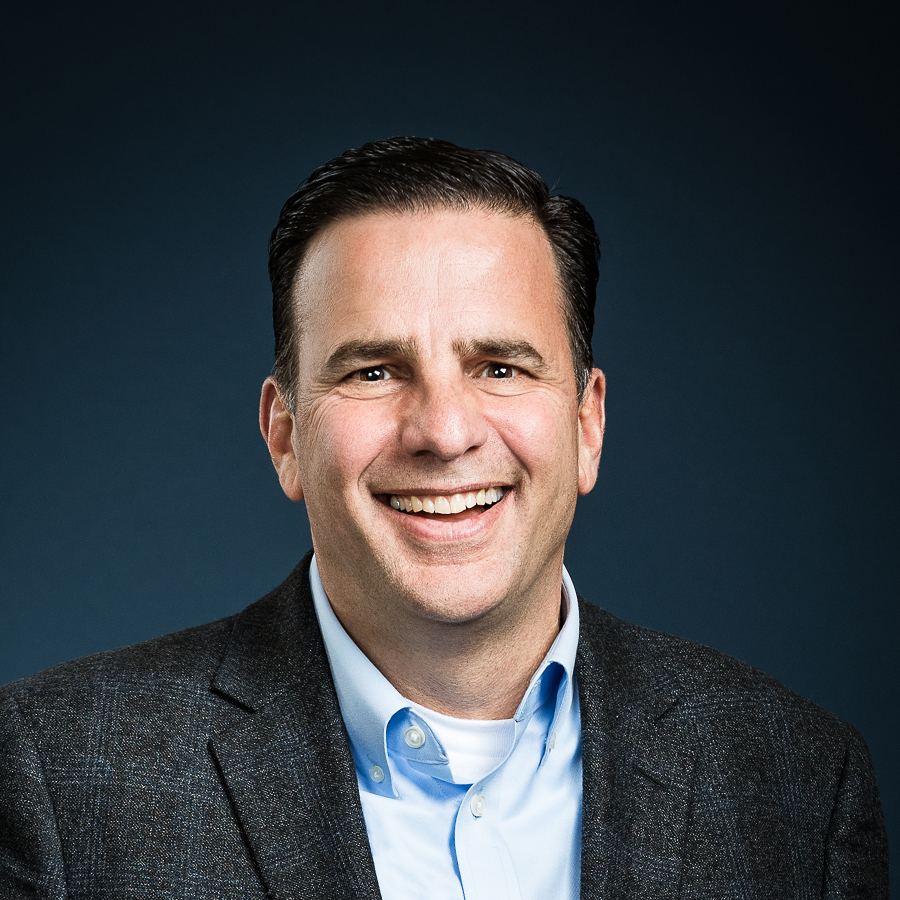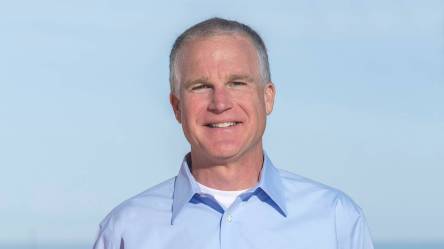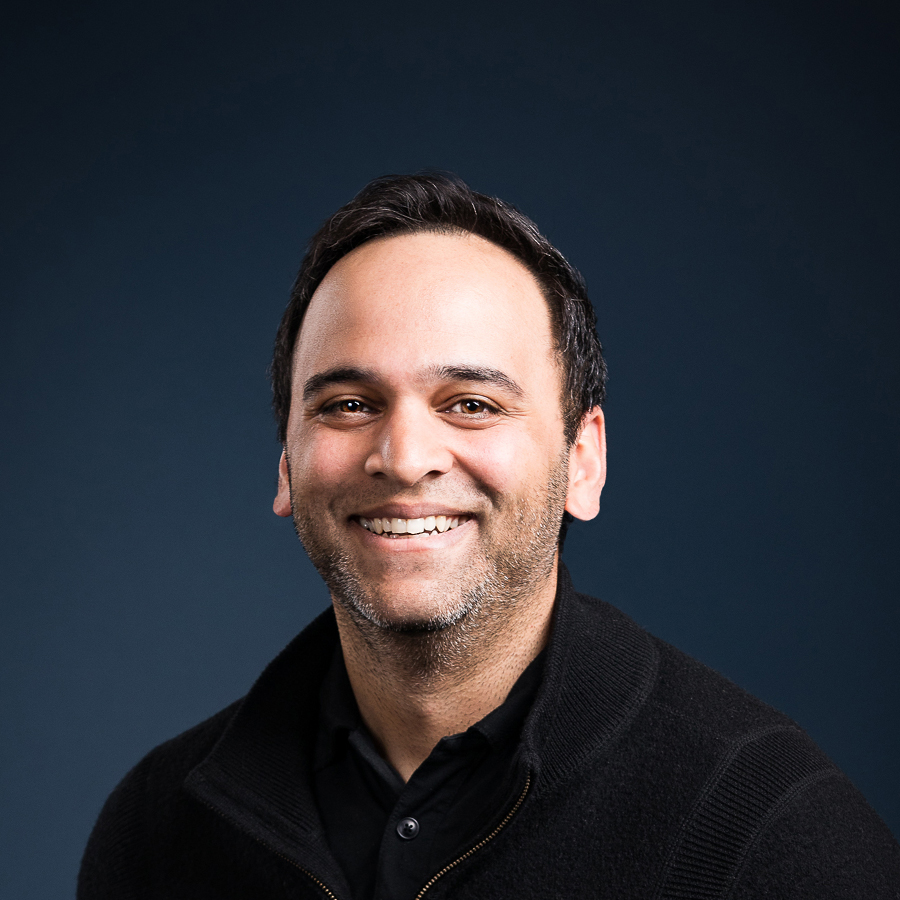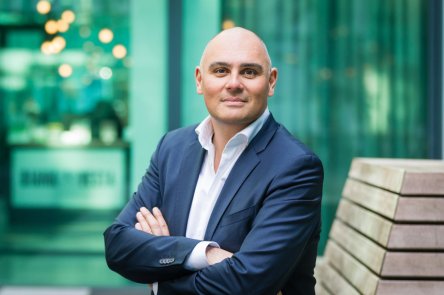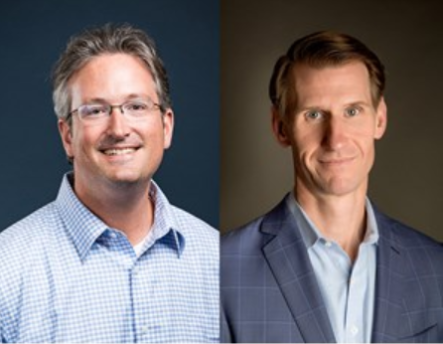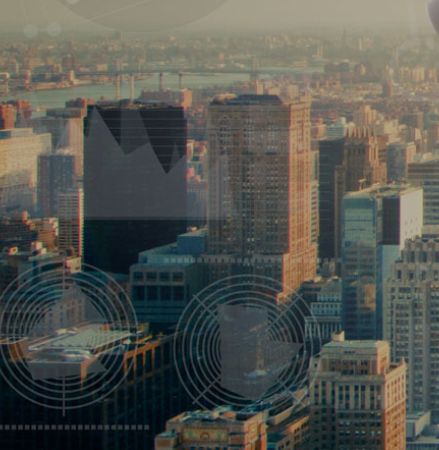How have sales teams adjusted to reduced face-to-face consultations during the pandemic? How do clients stay connected with leads? What product offerings will Yardi focus on in 2021? Richard Nix, senior director of senior living sales for Yardi, covers these topics and more. Below are excerpts from an interview that was published in Senior Housing News. Q.: You’ve spent your career in technology with a lot of time in the senior space and you’ve been with Yardi since 2014. What lessons do you draw from most frequently in your current role? A.: The main lesson is to always talk to people. A lot of folks like to communicate using technology, such as emails and text, but there’s nothing like getting on the phone with people and really learning their issues— especially now that we’re not seeing them at client meetings and at conferences — and to see what is really driving them and what issues are pertaining to them right now. The other key point is teamwork. The Yardi culture is all about teamwork. We have a great team, and we work to solve problems together for our clients. Q.: One of the early outcomes of the pandemic was the increase in technology adoption, including among sales and marketing teams. What are the most important ways that you’re seeing technology augment the diminished in-person sales calls in 2020? A: Salespeople depend on technology for handling many client requests. Since face-to-face meetings have been hard to arrange during the pandemic, continual contact with clients by other means became critical. In terms of specific technologies, the use of the video meetings has been a shift. This is a personal thing, but I like to put the camera on myself at the beginning of a video call....
China’s Digital Future...
Post COVID-19
China is home to some of the world’s largest tech unicorns and a host of smaller companies, which are producing technology with an impact on the real estate landscape through e-commerce, smart cities and building technology. And these themes have emerged in tandem with the well-known drivers of the Chinese real estate market. China will continue to experience rapid rates of urbanization and gentrification over the next decade, which will drive changes in demand and rates of consumption. There is pent-up demand for a better quality of life – cleaner, less congested streets and better housing – which also plays to wider concerns about sustainability and the environment. The poor air quality in large Chinese cities is driving developers to find innovative ways to improve the air quality in their buildings – technology can enable all of this. Smart city initiatives, such as those launched by Alibaba, should reduce congestion and pollution. China’s connected cities will be about providing a seamless handoff between a complex and comprehensive set of apps. No single company will do everything, hence a platform where task and role-based apps can work together to solve problems and deliver a user experience that is seamless is the most likely outcome. Companies that deliver operating systems, such as Microsoft, Apple, Google and Tencent, are working hard on that seamless data handover, but it is not easy. Data privacy, security and governance all overlap and often conflict. Data means insight China retail has been relatively resilient to the effects of e-commerce, not least because much retail development post-dates the emergence of online shopping. China’s tradition of transport node-centered mixed-use development, which follows its community culture, is more than just a place to shop, but a space to gather and eat. This intersection of...
Senior Living Q&A...
Ray Elliott Shares Insights
How can technology help senior living providers overcome their biggest challenges? To get the answer, Senior Housing News (SHN) recently interviewed our own Ray Elliott, vice president of senior living at Yardi, as part of their Voices series. The content program, which we’re a sponsor of, asks executive leaders for their insights on trends, topics and issues that are shaping the industry. With almost two decades at Yardi, Ray has extensive experience working on software solutions for property management, initially supporting Yardi’s public housing product before taking charge of senior living. He’s seen how technology has grown in both sectors, transforming business as usual in powerful ways. Read on for an excerpt from Ray’s interview with SHN: What do you see as the most impactful way a property management platform such as Yardi can move the needle for senior living providers? Yardi goes beyond just being a property management platform. If you look at our history, that was where the company started, but today we do much more than that. We provide an end-to-end solution that our clients can use from the first engagement with a prospect all the way up through the care of residents. With the Yardi Senior Living Suite, everything is automated. If you’re using our CRM (customer relationship management), and you enter prospect data, details about that individual will make it through the sales cycle. When they end up in your community, you’re able to see everything in our EHR (electronic health record) product, down to their hobbies and interests. All that information flows automatically. Nobody has to transcribe it. Nobody has to enter it again. There isn’t a risk of that information being lost. It’s that sort of value-add that helps move the needle for providers. It helps them...
Nearing Zero
Energy Efficiency Webinar
The processes and technology needed to start moving to “net zero” buildings—those that produce enough renewable energy to meet their annual energy consumption requirements—are available today. How to make them widely understood, accepted and implemented was the focus of a recent webinar featuring Akshai Rao, Yardi vice president of procure to pay and energy, and other industry experts. ENERGY STAR® estimates that the average commercial building wastes 30% of its energy consumption. Real estate is the fourth largest generator of greenhouse gas emissions; if that industry alone cut its emissions by 30%, the U.S. could hit the Paris Agreement targets, Rao told the webinar audience. This means there are significant monetary as well as societal incentives for achieving net zero. “Because energy is a building’s second largest controllable cost, it can really eat into investor returns. Having a cohesive energy strategy is one of few things the real estate industry can do from an operations perspective that increases portfolio value,” Rao said. Any hope of achieving a net zero building or portfolio, he said, starts with understanding a building’s load factors and prioritizing which buildings to invest in, which is based on benchmarking the portfolio against the industry with ENERGY STAR. ”There’s so much cost and consumption data to be gained just from utility bills. Rather than just approving and paying them, you can achieve portfolio-wide insights and property cost/consumption trends that help identify capital investment that can reduce consumption,” Rao said. Properties can couple this data with real-time metering to visualize the demand profile of a building, which can highlight tactical actions for reducing spend. Once you have data on your portfolio, the next step is to identify properties to invest in for the highest energy savings return. Several solutions on the market...
The data advantage
Yardi EU leadership insight
Editor’s note: reprinted with permission from Firestarters – Provada Edition. How to handle and collect available data is becoming a key competitive advantage in real estate, says Richard Gerritsen, regional director for Yardi in Europe. The quality of said data is essential. The real estate industry currently faces a watershed moment. “We are in the middle of an explosion of the volume of available data. Tenant apps and all other proptech solutions are worth nothing without the data. The upside is that it is easy to get the data, but at the same time collecting it is also the most difficult – and boring – part,” Gerritsen recently told me. As the real estate industry becomes increasingly digitalised, the quality of data will become ever more important, says Gerritsen. “You could argue that data is the most crucial part of the business. We are living in the data era and it is such a big part of the real estate industry. Any proptech solution tries to add value based on the data already available. Without good-quality data, the value of a proptech solution is limited in a best-case scenario. If you can’t guarantee that the data is good, you can lay dozens of apps over it, but it won’t be a sustainable solution. Those who say it is too much of an effort to bring it together will not succeed.” Gerritsen provides the following example to illustrate the importance of getting the details right. “If I log into a tenant app and discover that the lease information is not correct, that I have logged into unit 24 instead of 23, or that the app doesn’t know me at all, that is really bad. In the past 20 years, those types of errors were commonplace,...
Screening with Tech
How Yardi can help
Finding the right residents for a community is a complex, critical part of operating a multifamily community, and it is vital to the long-term success of a property. Looking into a potential resident’s background is not as simple as running a credit check. Effective screening can play a pivotal role in risk mitigation by ensuring leases are only signed with qualified tenants. Yardi recently partnered with Equifax to enhance ScreeningWorks Pro, the company’s resident screening platform, and enable property managers to quickly verify a prospective renter’s employment and income details. Patrick Hennessey, Yardi’s vice president of resident screening, and Tyler Sawyer, vice president of rental and real estate with Equifax, discuss how tech can lead to more efficient and effective screening processes. What is the biggest challenge for effectively screening potential residents today? Sawyer: Data is vital for a landlord or property owner looking to identify the right resident. From a credit-reporting standpoint, we work to alleviate any perceived challenges by ensuring these parties have access to the best data, regardless of whether a potential renter has a robust credit file or is categorized as having thin credit or no credit. Without robust data insight, potentially strong tenant candidates can be left paying higher deposits, needing co-signers or being rejected altogether. Hennessey: Helping our clients overcome the challenges of effectively screening applicants is our business. Getting that right for both the applicant and the property is critical. A trend we’re seeing is the desire by landlords to make good decisions as quickly as possible—in near real time, if they can. For screening companies, this requires ensuring we can rely on the sources that provide us with consumer data. It means finding reasonable and reliable ways to do our job both effectively and efficiently. Editor’s...
App-Based Future
Yardi EU Insight
It’s 2019, and safe to say that the world is fully immersed in the digital age. A recent report from Hootsuite claims that 67% of the world’s population are unique mobile users and 57% are internet users. There are around 4.38 billion users of the web, and 95% of the population of Western Europe has internet access available. According to the “Manifest 2018 Consumer App Survey,” around 51% of respondents use apps between once and ten times a day. And as of late 2018, there were approximately 4.1 million apps available from the Google Play and Apple App Store. Consumers have now come to take it for granted that live in a fully digital world. There is increasingly a sense of expectation, tinged by frustration, when we cannot find a digital application to accomplish a given task. The new norm is an expectation that, within a matter of seconds, we will instantly be able to access and assess millions of pieces of data on almost any topic. The Internet, the go-to source to conduct research and answer any question serious or frivolous, delivers the ability to arrange and organise our daily lives. Instantaneous research helps us with personal, informed decision-making as well as educating us and helping us make specific lifestyle choices. The list of life-altering, or some may say, life-enhancing applications are mind-blowing when put in perspective. Take travel as an example. Researching a holiday destination, finding accommodations, sourcing and booking door to door transportation, researching and building your trip itinerary, where you will visit, where you will eat and even checking out the anticipated weather conditions before you pack means you can organise the perfect trip in a short period of time from anywhere. The list of examples doesn’t end there and...
Realcomm Recap
Huebsch, Teel talk trends
Yardi’s Rob Teel, senior vice president of global solutions, and Todd Huebsch, vice president of commercial sales, discussed key trends in the commercial real estate industry in interviews at the recent Realcomm and IBCon conferences. Excerpts follow. Q: What are some key shifts that you’re seeing in commercial property management? Huebsch: From an enterprise platform standpoint, software products historically have been developed for people in back office operations such as accounting and property management. Now we see the emphasis rapidly changing to the front office—people in the field who are managing leases, construction projects and facilities. Enabling that move is a series of mobile apps and role-based tools that simplify tasks and help front office people do their jobs faster, easier and more efficiently while seamlessly connecting to the back office. These new capabilities speak to reducing risk and increasing asset value Q: What is Yardi’s primary focus area at present? Teel: There are three. One is Yardi Elevate, which, in contrast to the traditional chief financial officer focus of property management software, is tailored to a chief operating officer whose direct reports might include the leaders of leasing, asset management, construction and facilities management. Another key focus is energy management, which addresses the needs of COOs and chief engineers who are looking to reduce consumption and expenditures and boost sustainability. Yardi has made five acquisitions in three years in this area and it’s one of our leading long-term strategic visions. And coworking has gone through a revolution in the last two years. Today about 1% of commercial offices in the U.S. are tagged as coworking space but we think it might go to 5-10% in the U.S. and globally within a few years. We made two acquisitions that brought us the Yardi KUBE...

